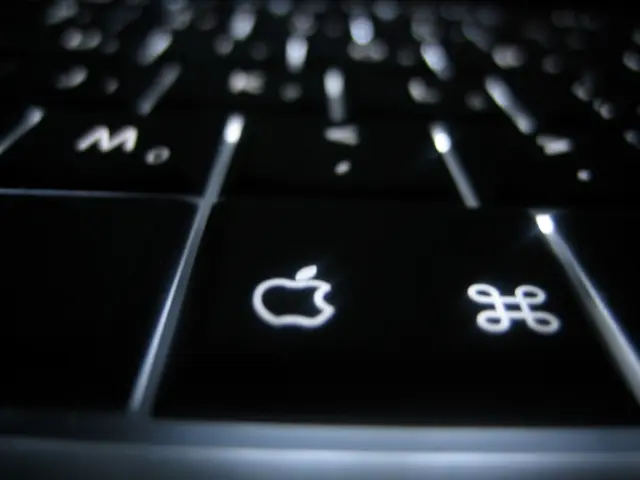Catholic Institution Establishes AI Institute Led by Microsoft's Taylor Black, Marking Its Debut
The Catholic University of America has announced the creation of a new interdisciplinary institute on artificial intelligence and emerging technologies. The institute, founded by Taylor Black, director of AI & Venture Ecosystems at Microsoft, aims to explore the intersection of technology, faith, and reason.
Taylor Black, who is also a deacon candidate for the Byzantine Catholic Eparchy of Phoenix, sees a great amount of good overlap between the tech industry and academia. He is excited to have a foot in both worlds, influencing how technology is used in a contemplative and thoughtful manner.
The institute will gather faculty from across disciplines for collaboration and will engage in global partnerships with other universities and outside organizations. Its key goal is to integrate AI competencies meaningfully into education and research, reflecting a broader trend to modernize teaching and foster AI literacy.
The institute will help new graduates understand how to utilize artificial intelligence in a human flourishing manner. It will also enrich the understanding of the human person and what human flourishing means in light of this technology across all university departments.
Pope Leo XIV seems to predict a kind of second industrial revolution due to AI, according to the website. Black does not view AI as a threat to humanity, but rather as a tool that doesn't have a telos and can be used for good or ill, depending on its programmers and developers.
Black suggests that the church, being composed of 1.4 billion Catholics around the world, can influence how technology affects human flourishing by being represented on boards, as shareholders, and as faithful Catholics. He acknowledges a transition period during major technological shifts, where old jobs are changing and new jobs haven't been figured out yet.
The university has launched new undergraduate and graduate AI programs in 2025, which debuted this fall. The institute will also aim to understand how artificial intelligence can be helpful and harmful to each of the disciplines and how it affects the nature of work, the university as an institution, and grading systems. It will explore how artificial intelligence can be used in service of the university and how the university model may need to shift to adapt to the profound nature of AI, affecting economic models for universities across the United States.
Kimberley Heatherington writes from Virginia for the article. Black emphasizes the importance of being cognizant of the shift in the nature of work during this transition period. He states that technology, including AI, is produced by human actors utilizing their God-given desire to know.
The institute will be a significant step towards integrating faith and reason in the realm of technology, reflecting Black's belief that there has never been a real tension between the two. It is expected to play a crucial role in shaping the future of technology and education at The Catholic University of America and beyond.
Read also:
- Automotive Updates: Wolfspeed, NVIDIA, ABB, and Veritone in Spotlight
- Demonstrating Carbon Storage in Agricultural Forestry through Digital Monitoring and Verification
- Interview Questions for Erica Tandori, an Artist, Intellectual, and Educator at Monash University
- European Investment Bank Allocates €20 Million to Greek Food Technology Firm STIQ








